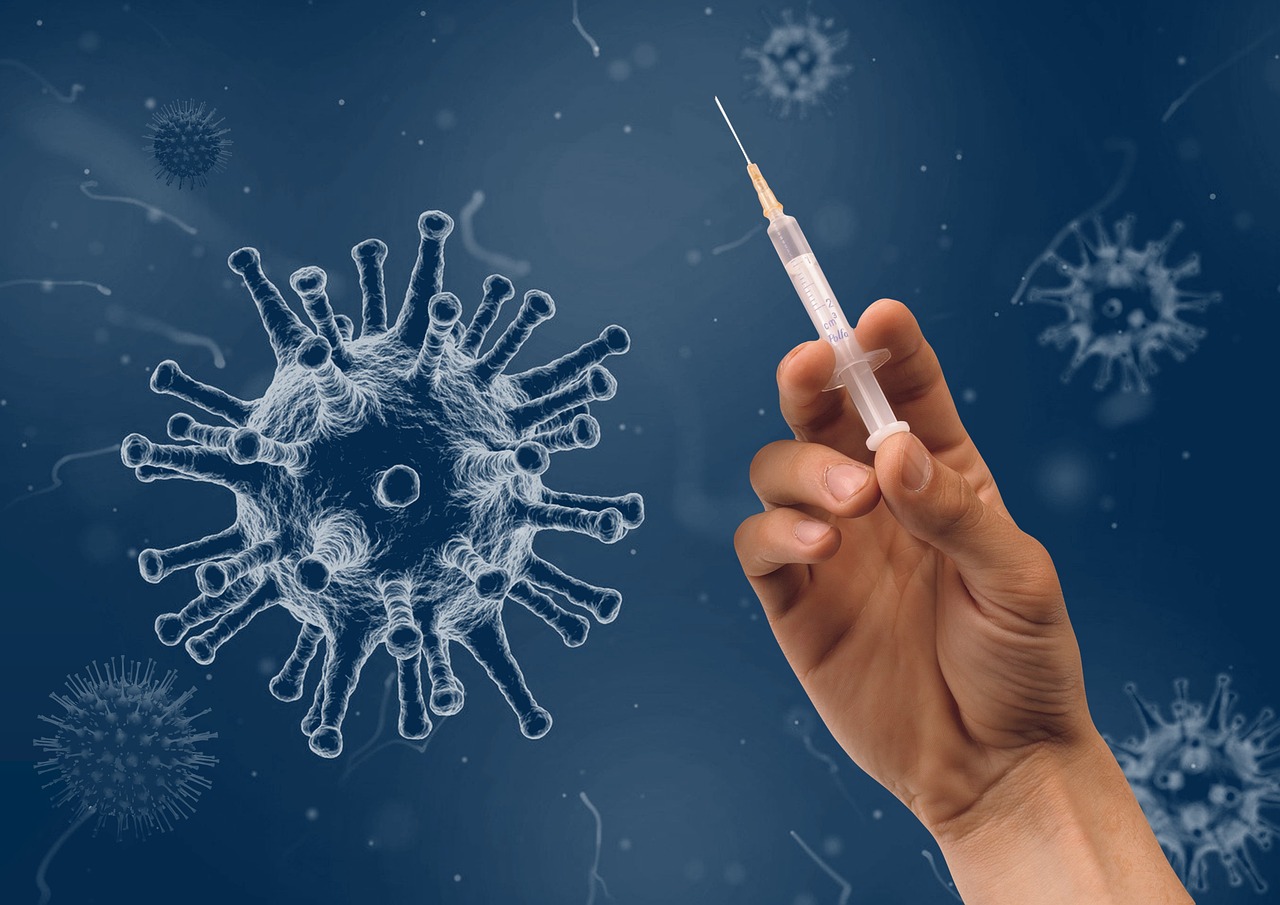25
Oct 2024
Researchers work toward a melioidosis vaccine as northern Australia braces for wet season
Published in General on October 25, 2024

Known as the "quiet killer" lurking in northern Australian gardens, melioidosis is a bacterial infection transmitted through contact with contaminated soil, water, or even inhaled from the air.
The risk of contracting melioidosis rises in tropical regions after heavy rains or cyclones, and in severe cases, it can be fatal. Over the past year, 80 people in the Northern Territory contracted the disease, resulting in five deaths.
At the 10th World Melioidosis Congress, held in Darwin last week, researchers shared promising developments toward a potential vaccine for the disease.
Professor David Wagner, who traveled from Northern Arizona University in the United States, noted that vaccine research is progressing rapidly. “We are hopeful through a joint US-Australia collaboration that we’ll be putting shots in arms up here in the Darwin area … in the next year or two,” he said.
The Menzies School of Health Research, based in Darwin and internationally recognized for its melioidosis research, has been pivotal in advancing both prevention and treatment. Senior researcher Mark Mayo highlighted that improvements in treatment are allowing "more people to live longer when they get infected."
There are growing concerns that melioidosis is spreading beyond Australia and Asia. Symptoms of the disease can include chest infections and breathing difficulties, as well as headaches, non-healing skin sores, confusion, and joint swelling.
Researchers believe melioidosis originated in northern Australia and is commonly found in Southeast Asia, with recent outbreaks reported in Hong Kong. Professor Wagner noted that it has also been identified in the United States for the first time, specifically in Mississippi, raising alarms about the disease's potential for wider dissemination than previously believed.
"That sort of changed the dynamic there," he remarked. "We know it's there now, so we're going out to try and find it in other areas of the US."
Meanwhile, health experts in Darwin are preparing for the wet season. Professor Bart Currie, who leads the tropical and emerging infectious diseases team at the Menzies School of Health Research, indicated that this year's early rains have put the team on "high alert" weeks ahead of schedule.
In light of this increased vigilance, many health professionals and families seek convenient hospital accommodations near Darwin to ensure timely access to medical care during the wet season. These options provide peace of mind for those needing to stay close to health services as the risk of infections like melioidosis rises.
"We've actually implemented some of our melioidosis preventative measures in our hospital's emergency department," he noted. "In the laboratory, we have switched to our wet season protocol to enhance our vigilance."
Professor Currie advised residents in Darwin's rural areas to exercise caution when using bore water.
"If someone lives on a rural block and has diabetes or is undergoing cancer treatments—conditions that may suppress their immune system—it’s not wise to drink bore water directly," he stated. "In such cases, it’s often better for those individuals to use bottled water or install a chlorinator or UV filter on their bore."
Health advice has been issued to construction workers following instances of laborers in Cairns falling ill with melioidosis in 2021.
"The environment gets disturbed by construction, allowing the bacteria to proliferate on the surface and become aerosolized during heavy rain and winds," Professor Currie explained.
Since the disease is typically transmitted through cuts in the skin, it is recommended to wear gloves and closed-toed shoes while gardening. Additionally, because melioidosis can also be inhaled or ingested, minimizing contact with muddy water during the wet season—and washing off any exposure immediately—is the best way to stay safe.









